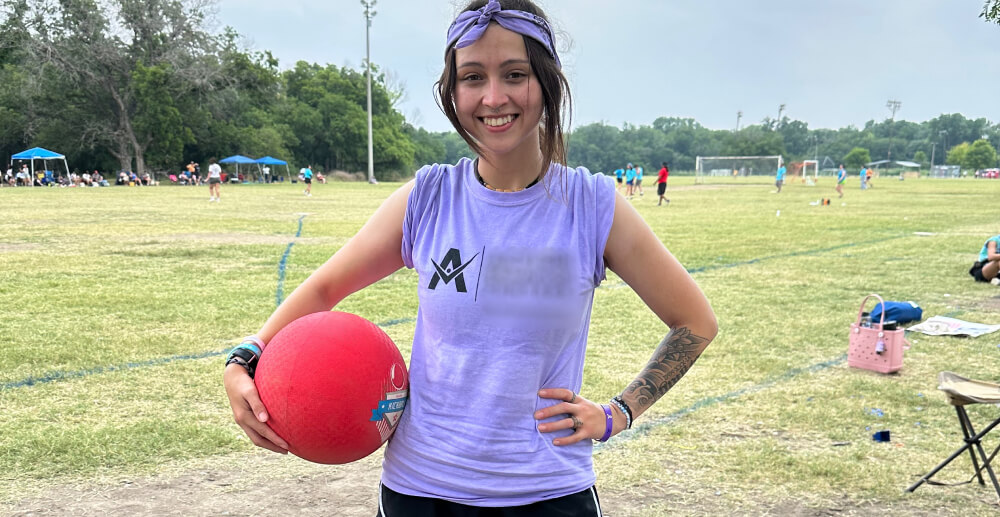The important Jewish holiday Yom Kippur focuses on self-reflection, atonement, and empathizing with the pain of others … all of which connect strongly to the principles that guide many people’s recovery journey.
The sacred day of Yom Kippur signals a time of personal reflection and reconciliation. Yom Kippur holds great meaning to the Jewish people, and it has significant parallels with some of the principles of recovery. Many recovery programs, including 12-Step programs, include principles of self-searching and making amends. These are especially reflective of the tradition of asking those we have wronged for forgiveness that is part of the observance of Yom Kippur for many Jewish people.
Yom Kippur is a day of repentance. I many ways, it can mirror the steps that bring to light the importance of self-examination, accountability, and the desire to progress in life without repeating past mistakes. Regardless of your beliefs, culture, spirituality, or program of recovery, you are welcome to embrace these practices and recovery principles, to help you repair relationships and learn about your own patterns of behavior.
In the days before Yom Kippur, individuals engage in self-reflection about the past year. This practice enables the individual to be honest with themselves, to assess their character, and to identify areas they can improve in. This process focuses on individual strength and self-determination.
Self-love and self-forgiveness
As we strive to achieve the forgiveness of others during this time, we often forget to forgive ourselves. Self-forgiveness is very important in any recovery process. In Leviticus 19:18 in the Torah, we are commanded to “Love your neighbor as yourself.” This teaches us that self-love is imperative. To achieve this self-love, we must first forgive ourselves of everything we may have done before we can fully move on and recover.
Guilt and regret can weigh very heavily on the soul. We always say, “I should have done this,” or, “I should have gone a different path, and then everything would have been better.” We must go of those “should haves” and “maybes,” and instead look forward to things we will do and what we will achieve.
When trying to achieve self-forgiveness we should tell ourselves, “Thank you for letting me see that every aspect of my life is perfect. I relinquish my need to judge. Help me grow with love and acceptance. Thank you for lighting my way in the darkness. For all I have done, I forgive myself.” Love in all aspects heals the soul. If we first forgive ourselves, we are then more able to love ourselves, which makes us more able to love. Our self-forgiveness is healing whether others forgive us or not.
Empowerment
This time of the year is about empowerment. This empowerment gives birth to the yearning for self-improvement. On Yom Kippur, we plead for forgiveness and believe in God’s love and mercy, but something within us awakens and gives us the power for change in our lives for the better.
Our mistakes are not what define us and are not our identity. Instead, mistakes show us where we need to grow and how to make better choices in our lives. We need to be proactive and begin to make alternative choices.
- If you have manipulated people, be more transparent.
- If you stole things, give back.
- If you have regressed, progress.
Get out into the world and be the change that you are wanting—not just through your words, but through your actions as well.
We use this time to close those chapters within our lives in which we made those poor choices. We cut the loose ends, fully submit, and fully forgive ourselves of all the baggage that we have accumulated. By reflecting on these things every year, we then continue to grow, heal and transform into our greater and better selves.
I would like to recommend some additional writing and resources on Judaism and recovery:
God of Our Understanding: Jewish Spirituality and Recovery from Addiction by Rabbi Shais Taub
Addictive Thinking: Understanding Self-Deception by Rabbi Abraham J. Twerski M.D.
High Holiday Addiction Recovery Guide by JCFS Chicago
Jewish Addiction Awareness Network (has a lot of resources and recommendations)








